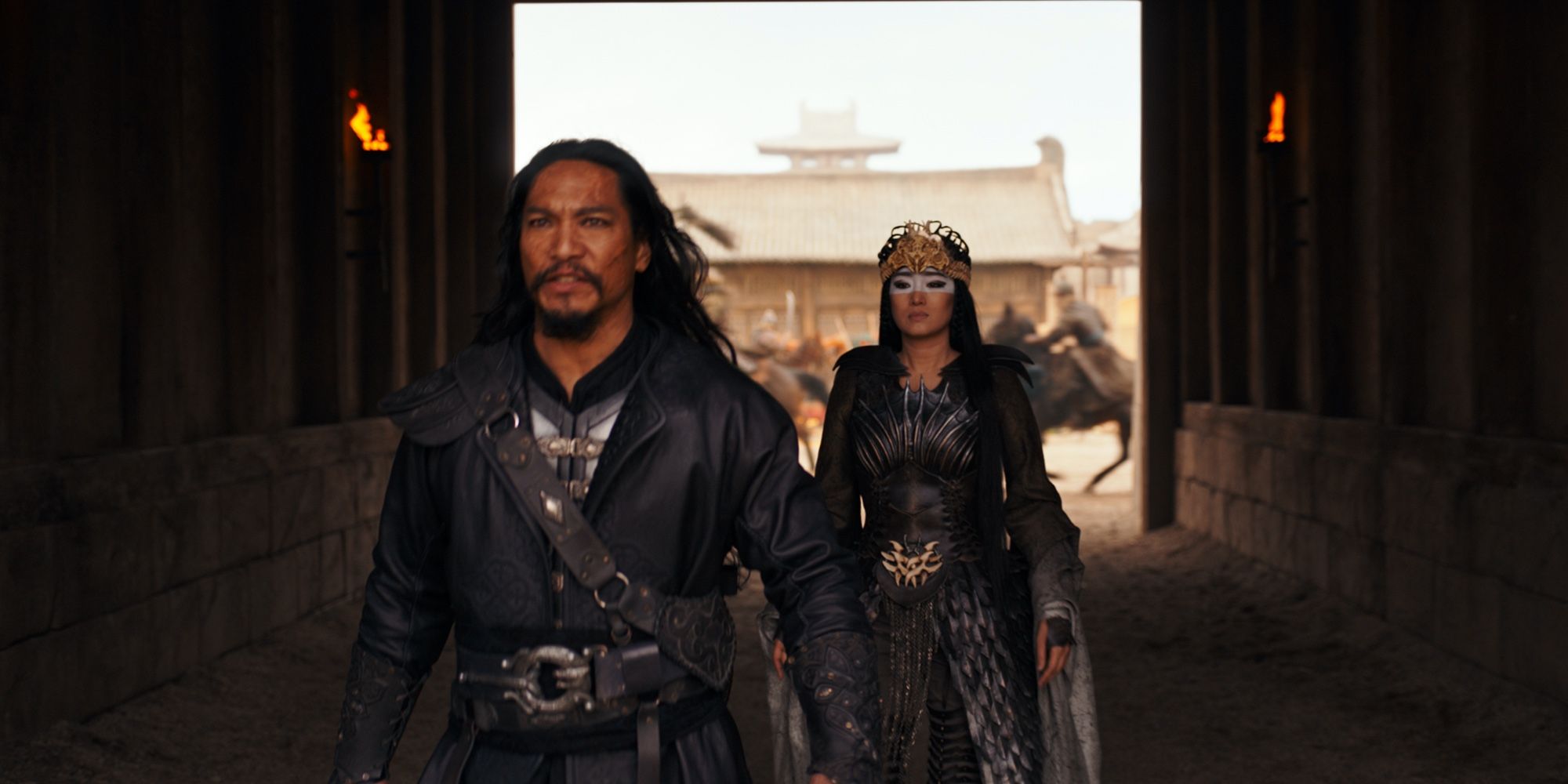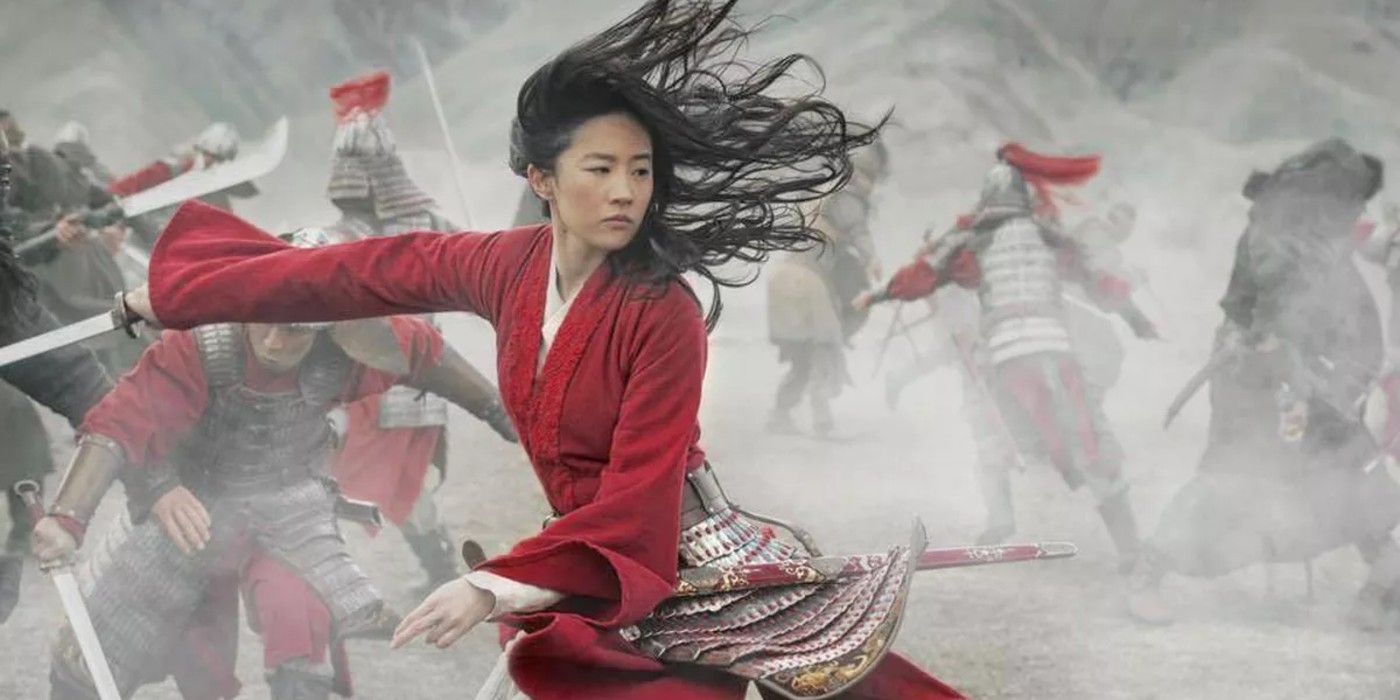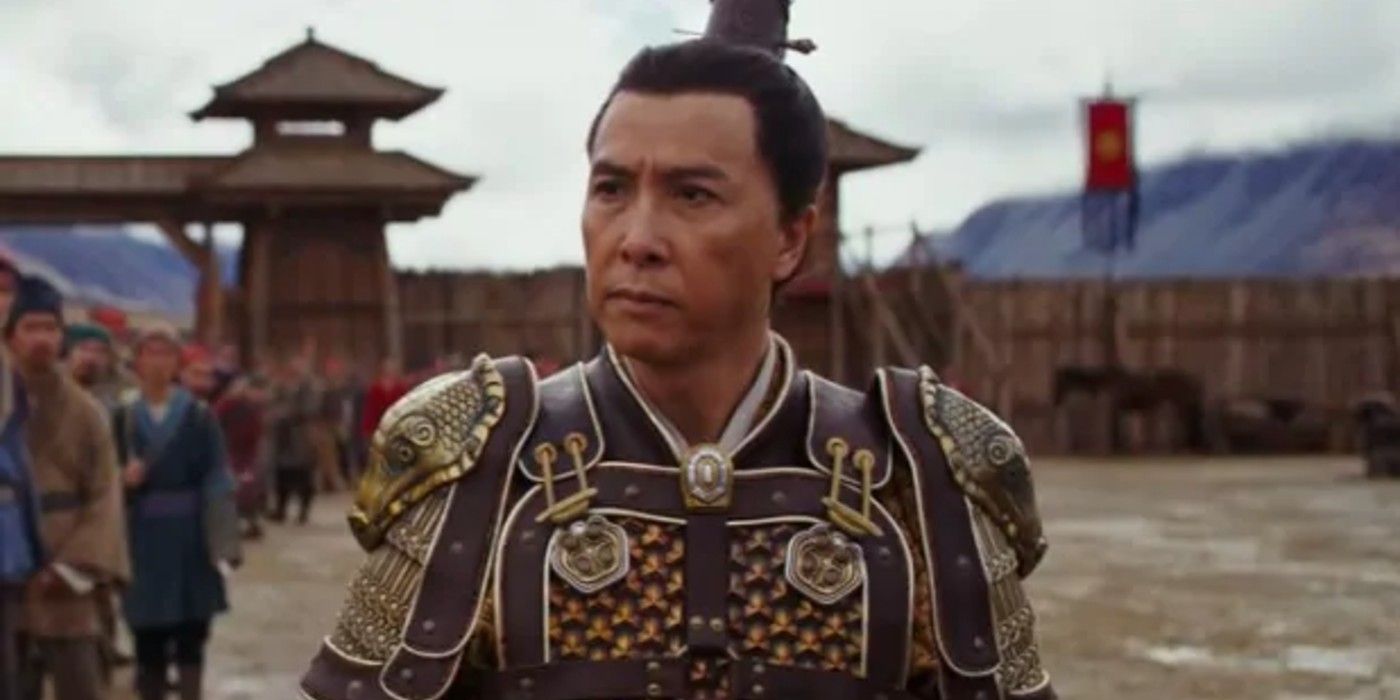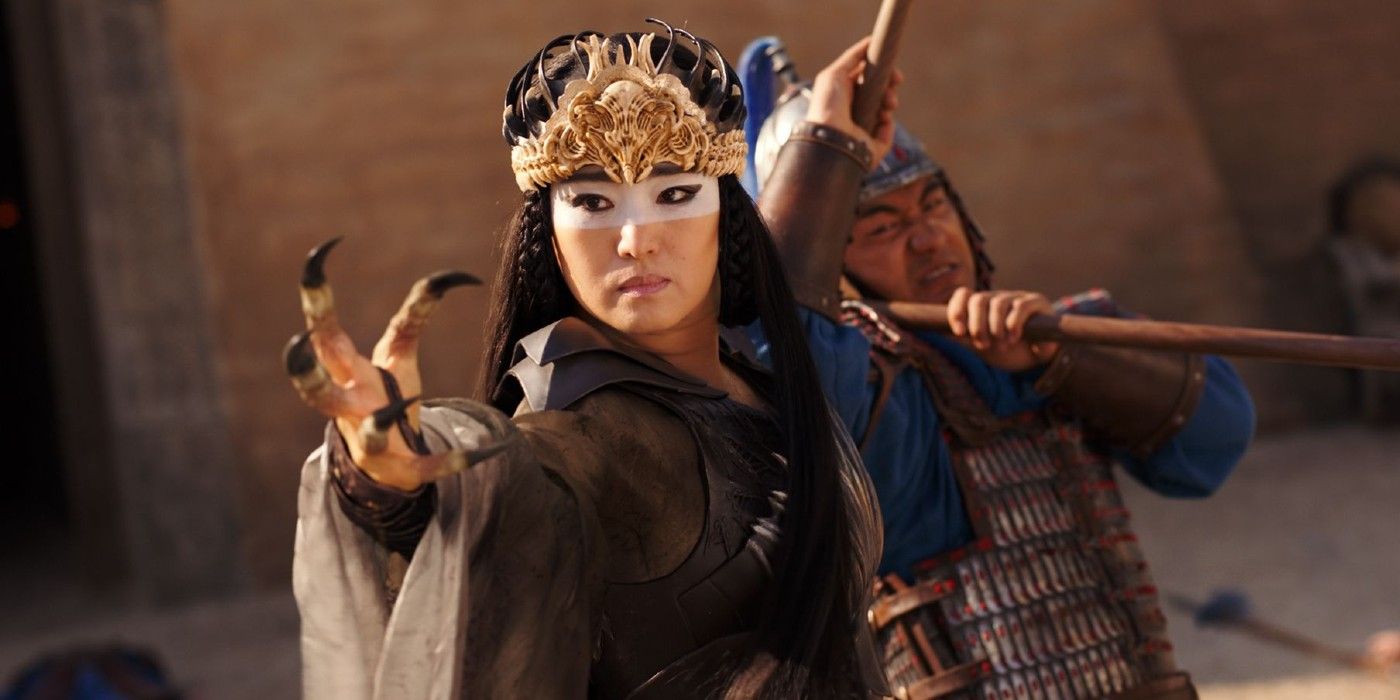Disney+’s live-action remake of Mulan may have divided some opinions, but there are some areas it undoubtedly surpasses the 1998 animated original. Despite the difficulties presented by the pandemic-influenced release model on Disney+ (and in cinemas in selected key territories), there are some indications that Mulan is doing relatively well on Disney’s streaming platform. Of course, the parameters for success are different now with cinemas still closed and the industry undermined by a justified lack of confidence from consumers in safety.
Starring Yifei Liu as Hua Mulan, the remake is a purer adaptation of the original ancient Chinese text on which the Mulan legend is based. As is traditional, it follows the titular hero as she disguises herself as a man to take the place of her father in the Imperial Army to defend against Northern invaders and ends up saving China. It hasn’t got the child-friendly elements of the original or some of the easily marketable characters, but it is still bright and bold and beautiful and in the absence of Mulan‘s songs is a different sort of depth.
The Mulan remake was expensive, but what also matters for Disney is how well it translates to fans – not only those keen to see a new take on the ‘Ballad Of Mulan’, but also those fans who loved the 1998 original starring Ming-Na Wen. In the case of the latter, fans will inevitably compare the two movies directly, which is difficult when they are so dramatically different. But there are certainly some areas where Disney+ can definitely boast superiority over the cartoon feature.
Mulan’s Villains Have Way More Depth

Shan-Yu is a great villain and he did improve the 1998 Mulan thanks to his menacing presence and near-supernatural spirit that added to his vague quest for dominion of China. In contrast, though, new villains Bori Khan (Jason Scott Lee) and the witch Xianniang are far more complex and less one-dimensional. Crucially, they both have backstories that mirror Mulan’s own story: Bori Khan may seem like a surrogate Shan-Yu, but his concerns are honoring his slain father and reclaiming land “stolen” by China’s imperial campaigns. Xianniang, meanwhile, turns to evil when she is ostracized for the same differences that Mulan shows – her seemingly super-powered connection to Chi. In adding that added level of detail to their stories, Mulan 2020 surpassed even the impact of the excellent Shan-Yu.
Mulan Is Darker, But More Mature (And Less Sexist)

From the very start, Mulan 2020 is not a kids movie. It is supremely violent – at least in relative terms to Disney’s animated classics – and actually shows death on screen, as well as dealing more overtly with the idea of mortality and legacy. The original Mulan did show the aftermath of the massacre of the Imperial army, including Li Shang’s general father, but everything was balanced with toe-tapping songs and a more whimsical tone that compromised the idea of it being a war movie. Mulan 2020, meanwhile, is very much a war movie, blending in elements of the wuxia style of martial arts film-making and that approach allows it to be darker. Though that – and decisions like leaving out Mushu – compromise its appeal to younger audience members, it makes the film a more appealing watch for a broader spectrum of viewers.
Crucially, while there are lots of complaints leveled at Mulan’s lack of songs like “Girl Worth Fighting For” and “I’ll Make A Man Out Of You”, it was the right move, particularly because the definition between systemic sexism and the accidental endorsement of those ideas by the film itself wasn’t always entirely clear. There are jokes in the 1998 Mulan that make that line problematic because of the tone of the movie and the remake navigates that entirely by avoiding questioning the limits of femininity or pushing toxic masculinity ideals. And that’s something to herald as a victory.
The Cast Of Mulan Is More Fitting An Asian Movie (And It Avoids Culturally Insensitive Content)

While there are serious concerns about Disney working with authorities in the Xinjiang province where Uighur Muslims are being interned, Disney’s drive to make Mulan a more culturally sensitive movie was well-placed. The studio giants may have been doing it to cater to an audience that reacted poorly to the 1998 original’s characters and certain Westernized elements, but it was still a positive strike for representation in cinema. And casting an entirely Asian cast – without adding any unnecessary white actors like Aladdin was criticized for doing – has to be considered an even more positive strike. Representation matters, just as not insensitively devaluing cultural pillars like ancestral guardians matters, and it is a huge thing to see (and hear) Asian actors in a Western movie project with such visibility and such status.
Mulan’s Romance Takes A Back Seat To An Important Message

The decision to cut Li Shang from the Mulan remake was another of those met with anger by purist fans of Disney’s animated classic, but it was important to allow for the real message of Mulan to be transmitted. The reason for the cut was down to the inappropriate dynamic between Mulan and her military superior, which had negative connotations in the post-#MeToo era, and rightly so. Unfortunately, Li Shang had to go and was replaced by two characters – a military superior in Donnie Yen’s Commander Tung and a fellow recruit and eventual love interest in Chen Honghui (Yoson An) – in a more appropriate dynamic. The romantic angle, crucially, is pushed back to make way for what Mulan is really about.
The 1998 version of Mulan is obviously about defying expectations and breaking down gender divides, but Mulan 2020 takes that to a greater degree. At times, it feels like the remake has more in common with Frozen than it does its animated predecessor. It is, after all, about the titular hero not only finding herself and accepting her Chi powers as part of her being, despite attempts to suppress them but seeking to educate an entire community and culture around her that difference and “otherness” is not something to be feared and rejected. That is an even more important message alongside its existing feminist one and it all comes together to make Mulan 2020 a more complex, rewarding experience, even accounting for some trade-off on more frivolous entertainment like the original songs.



